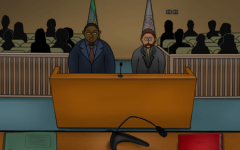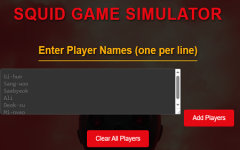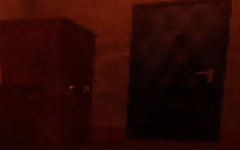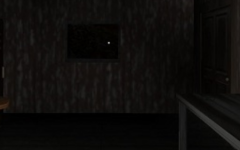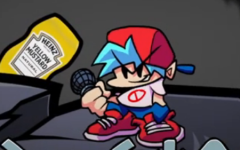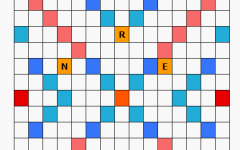Advertisement
DEPRESSION
Advertisement
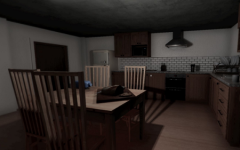
Depression begins in the quiet home of a man who once used art to express himself. Now, the drawings are gone, and the tools sit untouched. The world has become silent, both inside and outside. Days seem the same, with no reason to continue or create. The player takes control at a moment where nothing is asked of them—no mission, no pressure, just existence.
Moments Of Contact
The player has the option to leave the apartment and speak with neighbors. These characters have no deep backstories or long conversations, but they offer signs of life around the main character. A few words, a short exchange, a sign that someone is nearby. These moments do not solve anything, but they become part of the routine. Whether or not to engage is left to the player’s decision.
- Movement: W, A, S, D
- Mouse to look around
- Interact with E
- Run (if allowed) using Shift
- Space to continue dialogue
A Chance That Comes Once
At one point in the game, a new element appears: a ticket. It represents a single chance to take action. The player is told that this opportunity can be used only one time. There are no previews or hints about the result. Whether taken or ignored, this moment changes the direction of the experience and marks a shift in the day’s flow.
An Environment That Reflects Emotion
The spaces in Depression are simple and mostly still, with occasional flashes or shifts that break the pattern. These small changes mirror the character’s state of mind more than the world outside. The use of light, movement, and silence becomes more important than any spoken line. As the player continues, they begin to notice how little things change when nothing is acted on—and how one decision can reshape the tone of everything.
An Ending Without Clear Meaning
There is no score, no success, and no failure. Depression ends when the final moment has passed, shaped by small actions and one significant choice. The story does not explain itself. Instead, it creates a space where players can think about what happened and what didn’t. It invites reflection, not resolution. The experience is short, but it stays with the player long after the screen fades.



























































































































